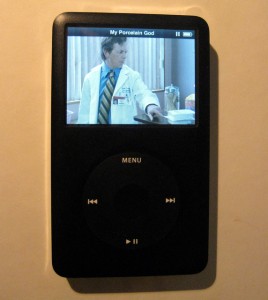When language fails
"War is what happens when language fails." --Margaret Atwood Yesterday the New York Times ran a piece by Sheryl Gay Stolberg about the recent disruptions to town hall meetings that were convened to discuss health care reform. Stolberg points out that this sort of "activism" subverts the democratic process. It is aimed not at furthering, but at overwhelming public discourse:
The traditional town hall meeting, a staple of Congressional constituent relations, had been hijacked, overrun by sophisticated social-networking campaigns — those on the right protesting so loudly as to shut down public discourse and those on the left springing into action to shut down the shutdowns.(I once tried to discuss the first Gulf War with a dittohead, back in the day. He shouted at me for fifteen minutes; every now and then he yelled, "What do you say to that?" I couldn't say anything, it would've been like shouting into a full force gale.) Meanwhile, Snopes has an email making the rounds that claims that Obama's proposed health care reform bill mandates "euthanasia counseling" for seniors. Another pleads, "Please do not let Obama sign senior death warrants." Health care reform is just one front on a larger American skirmish, of course; one that's been going on for most of my lifetime. I was a child of the 60's, when social upheaval was just as marked as it is now. But in the 60's, the country was in good economic shape. And the outrage then really did originate at the grassroots. Today, tough economic times and the specter of America's gradually waning superpowers have intensified the culture wars. So have the right-wing media, which love to whip up hysteria, religious fanaticism, and paranoia--anything to further their political agenda. The town hall shoutfests, like the teabag protests earlier this year, may be Astroturf, but they tap into real, and fairly widespread, fear and rage. Lies, misinformation, and attempts to obstruct civil discourse make good-faith dialogue difficult if not impossible. How far will they go, and how do we overcome them? And if we can't, could the U.S. descend into another civil war? (Surely not. That's my imagination working overtime, fueled by my own paranoia. Isn't it?)

